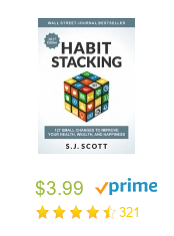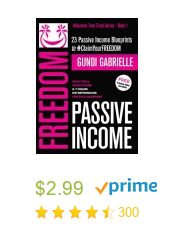
9 Ways To Be Better At Telling Stories

Pointers For Better Storytelling
Being a good storyteller could come in handy. If you have children, you've probably told the traditional bedtime stories, like Goldilocks and the Three Bears, The Princess and the Pea, and others, hundreds of times. Learning how to be better at telling stories could make your job as a parent much easier. You may also need to be a good storyteller as a business owner, employee, writer, teacher, or many other occupations. A storyteller needs a good story that is relevant to the audience.
Be sure that you know what you're trying to convey to your audience, keep their interests in mind as you unveil your story, and be aware of how you're presenting the story, whether it's oral or written. What tone are you projecting? Are you trying to rush the story to completion? Your presentation will determine how well the audience is pulled into the story. Here are some ways to make you better at telling stories.

1Be A Wide Reader
You'll stand a better chance of becoming a good storyteller if you're exposed to good stories. Think back to the stories you enjoyed as a child or authors that held your imagination. Use those stories as guidelines for creating your own.

2Write Everything Down
Write down your experiences. Also, note the things that you've heard others say or a dream that you have had - you may be able to incorporate some of that into your stories. If something unusual happens around you, write it down immediately for future use.

3Don't Limit Yourself
You're probably interested in storytelling to entertain your children. Start writing your stories down or record them as you tell them to your children. You may decide to create a book of stories, like Frank Baum did with the OZ stories or C.S. Lewis did with The Chronicles of Narnia.

4Stick With What You Know
Tell stories about something that you're passionate about. When you know your subject matter, it's easier to weave a story. Create your stories based on people you know, but change the names to protect the innocent.

5Determine What You Want To Communicate
If you're telling a story to children, your purpose will be to entertain and teach them. If you're using a story to help you sell something, your purpose will be to elicit an emotional response. The reasons for each story are entirely different.

6Think Of Your Audience
Keep the story simple for children, and increase its complexity with older audiences. Children have a shorter attention span than adults, so short stories work better with them. Too many details or a story taking too many detours can also bog down children. Keep it simple.

7Pay Attention To The World Around You
Have you noticed a need that's not being met? You could tell a story to call others to action. If you're a business owner, you might be able to use a popular trend as a basis for a story on your website. If you're a stay-at-home mom, you might be able to use a tip you learned from another mom to tell a story to your kids.

8Learn To Stick To The Important Facts
Storytellers, especially new storytellers, tend to take off on rabbit trails that have nothing to do with their story. When you stray from the story, you'll lose your audience's attention. Try writing your story down on paper first; you'll be more likely to remain focused.

9Consider Taking Acting Lessons
Acting lessons will help you learn how to bring your story to life. Use different voices for the characters in the story. Practice your improvisational skills as well.
Storytelling can be an important tool to use when trying to communicate with others. With stories, you can entertain others or bring them to action, depending on the story and how well you tell it. Whether you're trying to teach your children not to be afraid of the dark, or you're selling a product, learning how to be a good storyteller can bring you greater success in your endeavor.
About Author
John Quintana
GET THE FREE MAGAZINE DELIVERED STRAIGHT TO YOU:









































